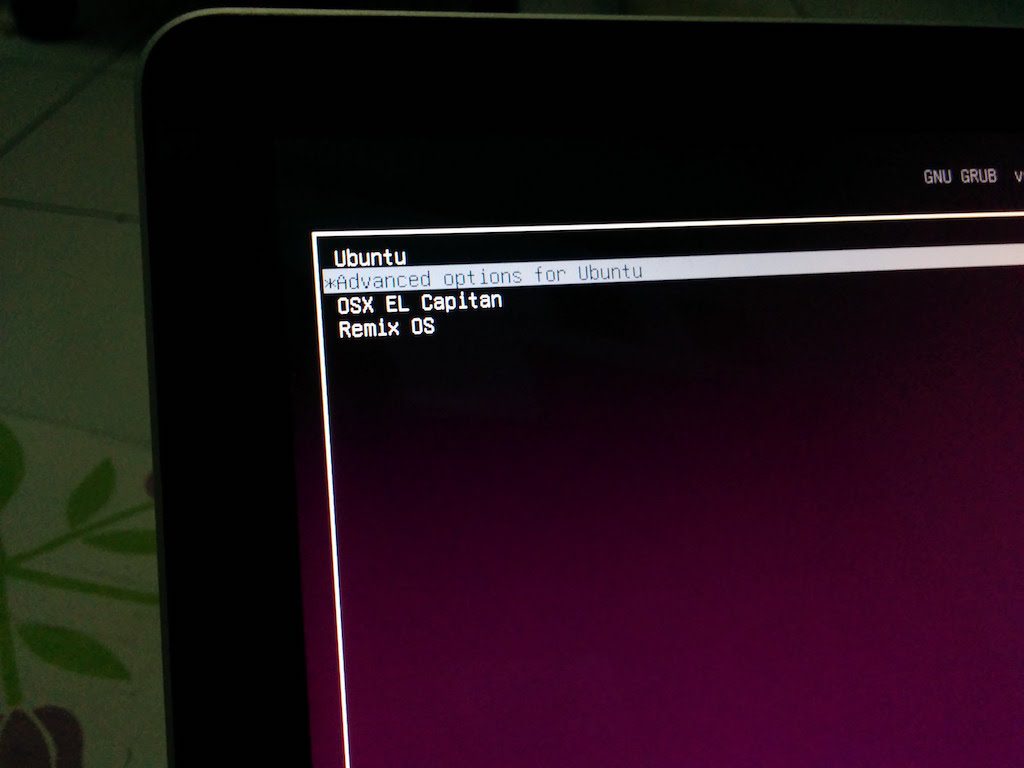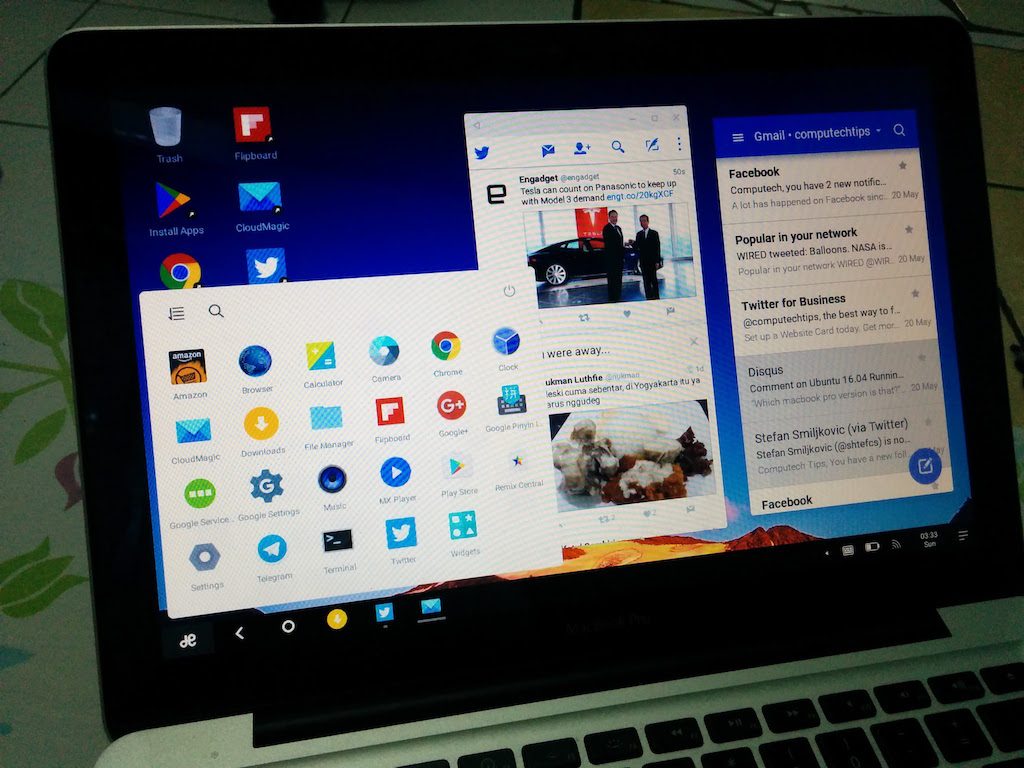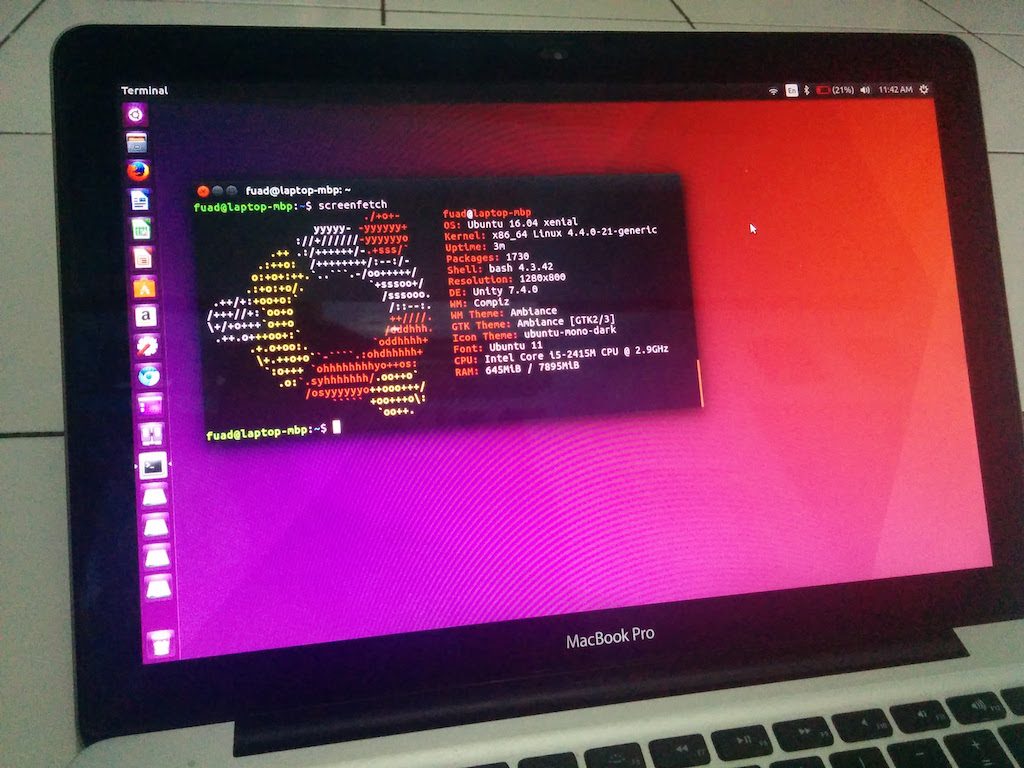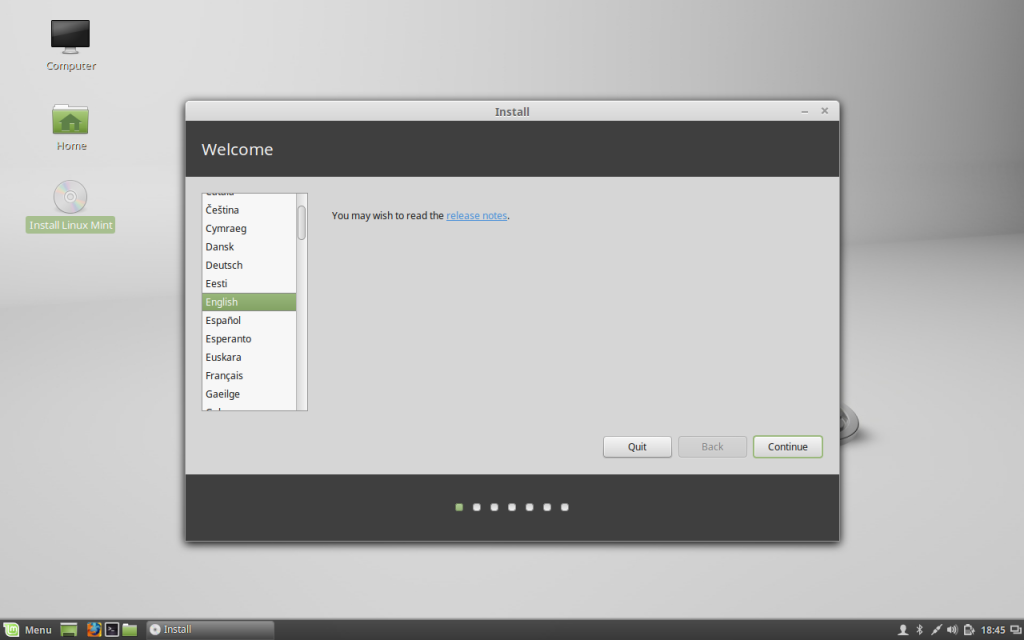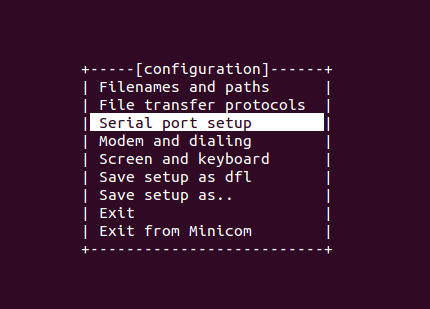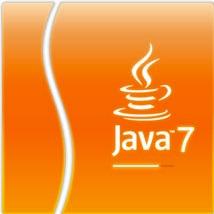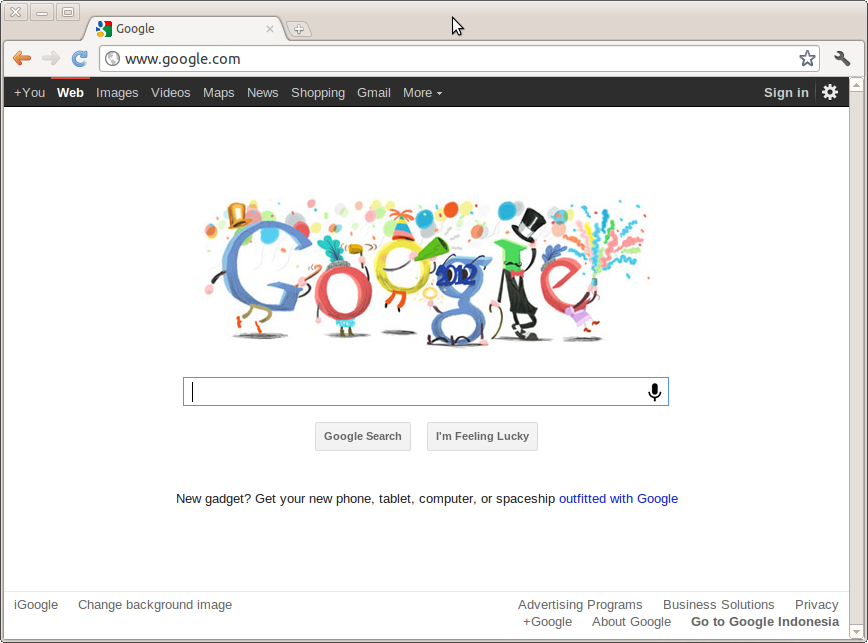RemixOS Triple-boot with OS X El Capitan and Ubuntu 16.04
Ubuntu 16.04 Running on MacBook Pro
Do you have a MacBook Pro and want to run Ubuntu 16.04 on it? This post shows you that Ubuntu 16.04 is running on MacBook Pro.
Ubuntu 16.04 Xenial Xerus which was released on 21 April 2016 comes with performance improvements and a ton of new features including snap application format, Linux kernel 4.4 which supports ZFS file system out of the box, Python version 3, and more. It is an LTS (Long Term Support) version which will be supported for 5 years with critical security, bug and app updates.
Install LinuxMint MacBook (LinuxMint 17.3)
More and more Linux operating system becomes popular especially for geeks, system administrators or developers. Several popular Linux operating systems for desktop are Ubuntu, LinuxMint and Elementary OS. This post will show you how to install LinuxMint 17.3 on MacBook Pro dual-boot with OS X El Capitan. This method should also be applicable for Ubuntu 15.10 and Elementary OS 0.3.2 Freya.
How to install Swift on Ubuntu
Apple Inc. just announced its new programming language, Swift, to be open source. As a new programming language, it quickly becomes very popular as one of the fastest growing programming language in history. By making it open source, community around the world can help to make it available everywhere.
How to Install FreeRadius on Linux / OpenBSD / FreeBSD
This brief post shows you how to install FreeRadius on Linux / OpenBSD / FreeBSD with MySQL or MariaDB as the database. The Linux distributions which we will cover including CentOS and Ubuntu.
FreeRadius is an open-source, free, fast, feature-rich, modular, and scalable Radius server. According to its official web site, many Fortune-500 companies and tier 1 ISPs are using FreeRadius as their AAA solution.
How to configure network equipments via console on Linux
You just bought a new network equipment such as Cisco, Juniper, Mikrotik or others and you want to configure it using laptop running Linux operating system such as Ubuntu, Fedora, Redhat, LinuxMint, Slackware and other distros.
How to Install Oracle Java SE 8 on Ubuntu 14.10
You just installed Ubuntu 14.10 Utopic Unicorn and then want to install NetBeans or Eclipse to develop Java / Android applications. What you need to do firstly is install Oracle Java SE 8 / JDK 8 (at the time of this writing, the latest version of Java is Java SE 8). This tutorial shows you how to install Oracle Java SE 8 on Ubuntu 14.10.
Install Java SE 7 (JDK 1.7) on Ubuntu 11.10 Oneiric Ocelot
Ubuntu has Open JDK packages which you can simply install them for your Java Development Kit for developing Java-based applications. If you type ‘java’ or ‘javac’ in a terminal window without any JDK / JRE installed in the system, it will tell you a list of packages where you can find the java program as follow:
